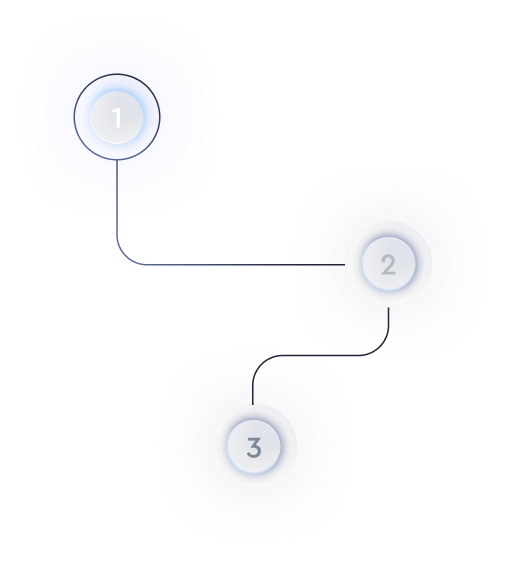What is a Content Delivery Network (CDN) and do I need one?
Understanding Content Delivery Networks (CDNs)
A Content Delivery Network (CDN) represents a collection of geographically distributed servers that work together to deliver internet content quickly and effectively to users worldwide. The primary purpose of a CDN is to reduce latency and improve load times through efficient resource distribution. This is achieved by caching content close to the user's physical location.
How CDNs Work
CDNs operate by distributing storage and load across multiple servers globally. When a user requests a web page, their request is redirected to the nearest server in the CDN network, which can deliver stored copies of the webpage content. This system contrasts with a single origin server setup, where an increase in distance results in higher latency and increased load times.
Benefits of Using a CDN
- Faster Load Times: Since content is delivered from a server closer to the user, the data traverses a shorter route, resulting in quicker delivery.
- Reliability and Redundancy: With multiple servers distributed globally, CDNs can reroute traffic in case of a server failure, ensuring consistent availability of content.
- Reduced Bandwidth Costs: By caching data more locally, CDNs reduce the data that's served from the origin server, possibly cutting down bandwidth costs.
- Improved Security: CDNs offer security features such as DDoS protection, TLS/SSL certificate support, and Web Application Firewalls (WAF) to protect against malicious attacks.
- Scalability: With an efficient distribution network, CDNs can handle sudden traffic surges without affecting website performance.
Do You Need a CDN?
Determining the necessity of a CDN for your website or application depends on various factors:
- Global Audience: If your user base is distributed globally, a CDN can significantly improve load times and deliver a uniform experience worldwide.
- Large Media Files: Websites with heavy content like images, videos, and large downloads benefit tremendously from a CDN's caching features to enhance user experience.
- Performance Goals: If website speed and minimizing latency are vital aspects of your performance strategy, integrating a CDN is a promising solution.
- Security Requirements: Protecting your content and data against cyber threats is crucial, and a CDN can provide robust protection and security protocols.
- Traffic Volatility: Websites anticipating fluctuations or spikes in traffic should leverage the scalability of a CDN to maintain stability and performance.
Ultimately, the decision to use a CDN should align with your specific business needs and objectives. For many websites, especially those catering to a geographically dispersed audience or requiring high availability, a CDN is a strategic investment that can lead to enhanced performance and security.

